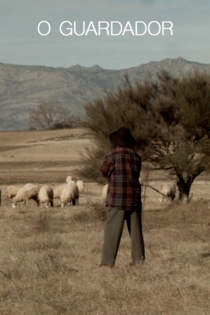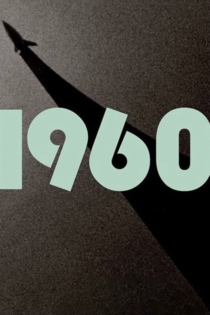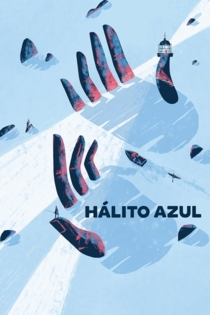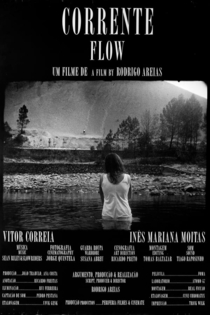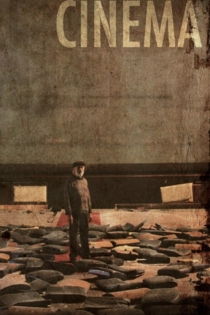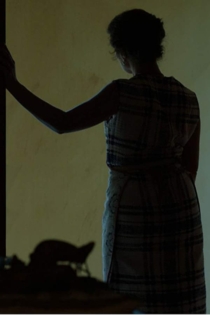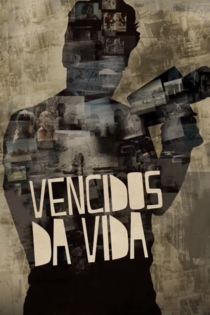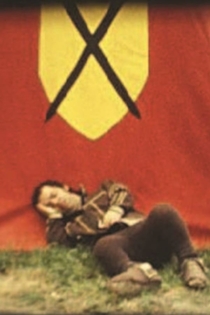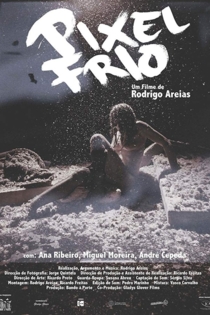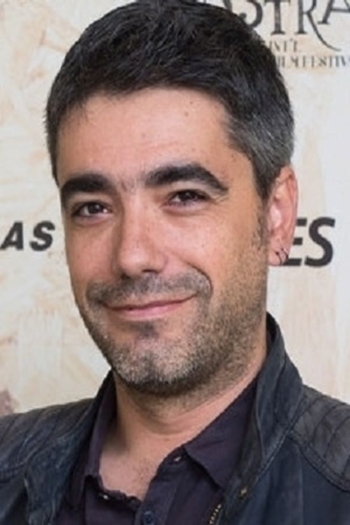
Rodrigo Areias
1978 (48 лет)He started his studies in Management at Universidade Católica Portuguesa.
With a degree in Sound and Image by the School of Arts of the Portuguese Catholic University, he also has a specialization course in Film Direction from the Tisch School of Arts at the University of New York and the Eurodoc production program.
He worked as a trainer in the workshops promoted by the association Filhos de Lumière.
Throughout his career, he has developed creative works in the field of cinema, authoring fiction and documentary, alternating with other works in the fields of video art and video clips for some of the best names in the Portuguese rock scene (The Legendary Tiger Man, Wray Gunn, Mão Morta, Sean Riley, D3o, etc.) and several other projects. As a producer he started his career in 2001 and has since produced and co-produced more than 70 shorts, features, videos and documentaries. He produced renowned authors such as Edgar Pêra, João Canijo and F. J. Ossang, as well as young filmmakers such as André Gil Mata, João Rodrigues and Jorge Quintela. He has co-produced with Brazil, the United Kingdom, France, Germany and Finland. As a director, among several films, Tebas (long metregem) and Corrente (short film) stands out with whom he was represented in more than fifty international festivals and was awarded with a dozen prizes. His second feature film premiered in Official Competition at the Karlovy Vary International Festival and was awarded a Special Mention. He was responsible for the cinema production of Guimarães 2012 European Capital of Culture, including films by directors such as Jean-Luc Godard, Aki Kaurismaki, Peter Greenaway, Manoel de Oliveira, Pedro Costa and Victor Erice
Surdina
Rodrigo Areias
António Durães, Ângela Marques
In a rural landscape, that resembles an old Portugal, an elderly man find out that his wife, whom he believed to be dead, was seen shopping in town. Spiteful and sad, he wants to hide from everyone, but his friends insist that he uses this situation to become stronger and try to get married again.
Surdine
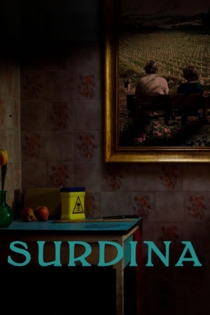
Tebas
Rodrigo Areias
Gilberto Oliveira, Nuno Melo
Free adaptation of Sophocles classic tragedy “King Oedipus” crossed with Jack Kerouac's classic “On the Road”. The starting point is the loss of identity of a generation of Portuguese emigrants. Tebas tells the story of a young man who, looking for his origins, departs from Paris to Portugal with a beatnik truck driver. The film is a voyage into the strange depths of Portugal in the form of surreal road-movie.
Tebas
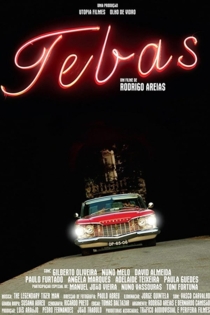
Estrada de Palha
Rodrigo Areias
Vítor Correia, Nuno Melo
This is the story of a man who after living over ten years isolated away from his country, returns to avenge His brother's death. Inspired by the writings of David Henry Thoreau, he is translating 'Civil Disobedience' into Portuguese. The action is set between 1908 and 1910, between the assassination of the Portuguese King and Prince and the creation of the Portuguese Republic, an era where anarchists who fight against the monarchy often cross the path of burglars. On a country where corruption is set, the state representatives try to rob, arrest and kill innocents. The main character faces the tyranny of the state and tries to save the rest of his family. But this is a country where nothing changes.
Hay Road
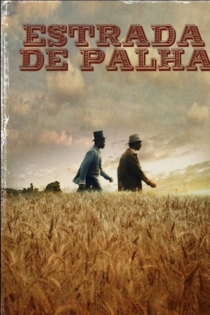
Ornamento e Crime
Rodrigo Areias
Vítor Correia, Tânia Dinis
I am the double of the shadow of my own image. An allegory that occupies my place. This is my act of contrition. Beyond good and evil, I stand as an equation: Its result cannot be manipulated By morals or ethics. In mathematics there is no place for beliefs Just as life and death Are a certain fate.
Ornament and Crime
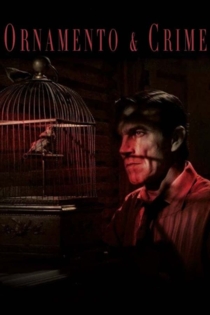
A Arte da Memória
Rodrigo Areias
Daniel Blaufuks, José Rufino
The art of memory is a classic technique that associates images with places through a process of remembrance and meaning. From the memory of places and their context, the documentary delves into the creative process of three contemporary visual artists: Daniel Blaufuks, Pedro Bastos and José Rufino. Despite the different expression approaches of each author, we find points of communication in the way memory operates in their works. By rummaging through the hazards and disorder, we arrive at the director's personal mythology, assuming that memory is a fiction like any film.
A Arte da Memória
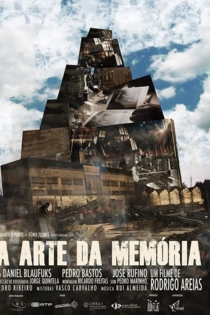
O Guardador
Rodrigo Areias
Valdemar Santos, Carmo Teixeira
Constantino works as a keeper of flocks during the day and as a keeper of a museum during the night. He works continuously since he has nowhere to live. Aurora passes by him every morning and end of the day. One day she is brave enough to talk to him.
The Keeper
